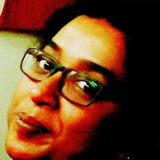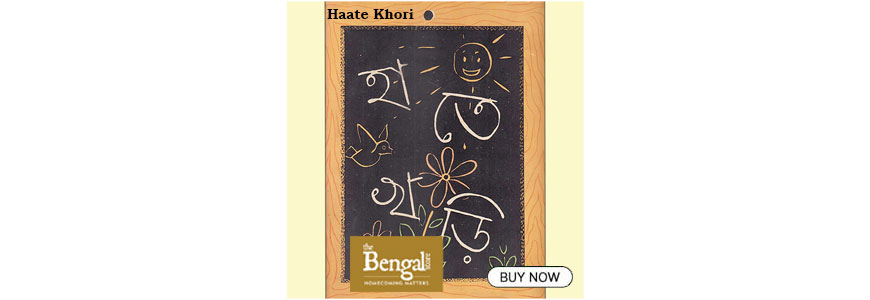From school dropout to pride of Bengal, the saga of the man behind Samaritan Mission School
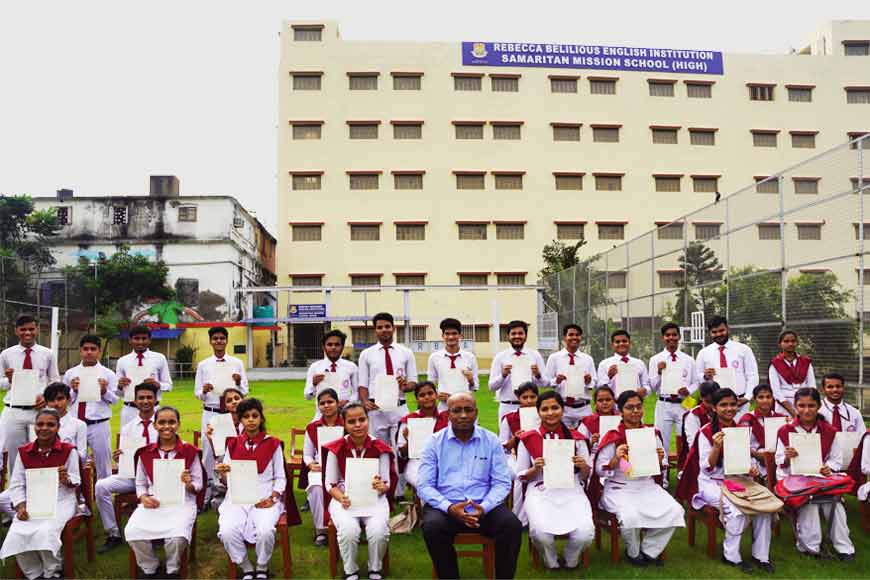
The year was 2001, the setting a slum in Tikiapara, Howrah. Mamoon Akhtar sat in a 300-sq ft house, surrounded by a small group of six children. This was his ‘school’, which he had been driven to set up as a result of the passionate appeal from a child who wished to go to school but couldn’t, as so often happens with underprivileged children in this country. Two decades later, that humble school has been recognised as one of the world’s best 100 schools as part of T4 World Education Week 2022, to be held from October 17-21, 2022, during which ten schools will be in the reckoning for a grant of $250,000.
Happy to know and share that Samaritan Mission School of Howrah is amongst ten top inspirational schools all over the world. (1/2)
— Mamata Banerjee (@MamataOfficial) June 10, 2022
As the T4 Education website says, the idea is to “shine a spotlight on the most incredible and inspiring stories of success we see happening in schools and classrooms so they can inspire change around the world”.
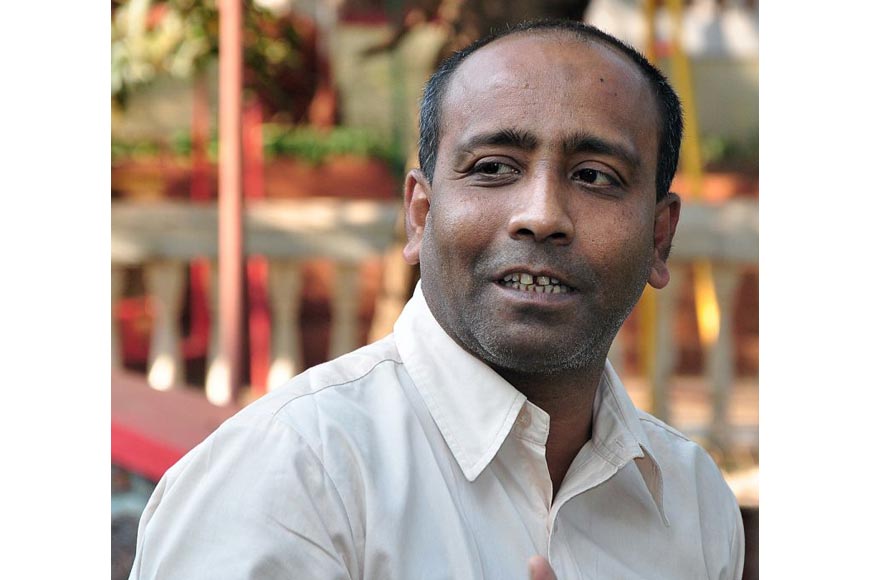 Mamoon Akhtar
Mamoon Akhtar
Welcome to the incredible saga of Samaritan Mission School (SMS), founded by Akhtar, who himself dropped out of school when his family could no longer afford it, and later self-funded his way through high school, though he never went to college. Samaritan Mission School, however, offers English-medium education to more than 1,500 underprivileged students, with special focus on the girl child.
“When I started, the fee was Rs 5 per month. Now, we charge Rs 200 per month. Our children have been to the US, the UK,” says Akhtar, the pride and affection in his voice impossible to miss. Himself a fluent English speaker, he cheerfully adds, “Those who can’t pay Rs 200 pay Rs 120, those who can’t pay Rs 12o pay Rs 50, and orphaned children pay nothing.”
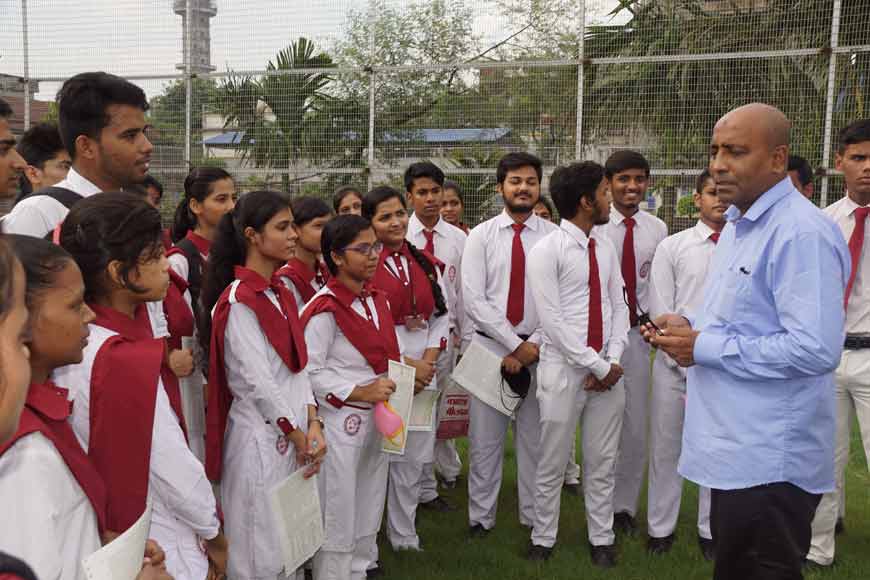
SMS obtained its West Bengal Board of Secondary Education affiliation in 2016, and forms the base of the Samaritan Help Mission, also founded by Akhtar, a non-profit organisation which works in the slums of Howrah. “My goal was to start an English-medium school for poor children,” is his objective in a nutshell. Today, SMS comprises four campuses - three in Tikiapara and one in Bankra.
Also read : The Police Pathshala in Santiniketan
However, there is a bigger story here, one particularly relevant for our times. “The area in which we work has a majority Muslim population. But children of all communities study here. We celebrate Diwali, Ramzan, Christmas together. I firmly believe we will come out of these dark times. Look at any family - there are fights, and family members stop talking to each other. But in the end, they come together. The same will happen to India. We need to teach our children the true meaning of my favourite song - Tu Hindu Banega na Musalman Banega.”
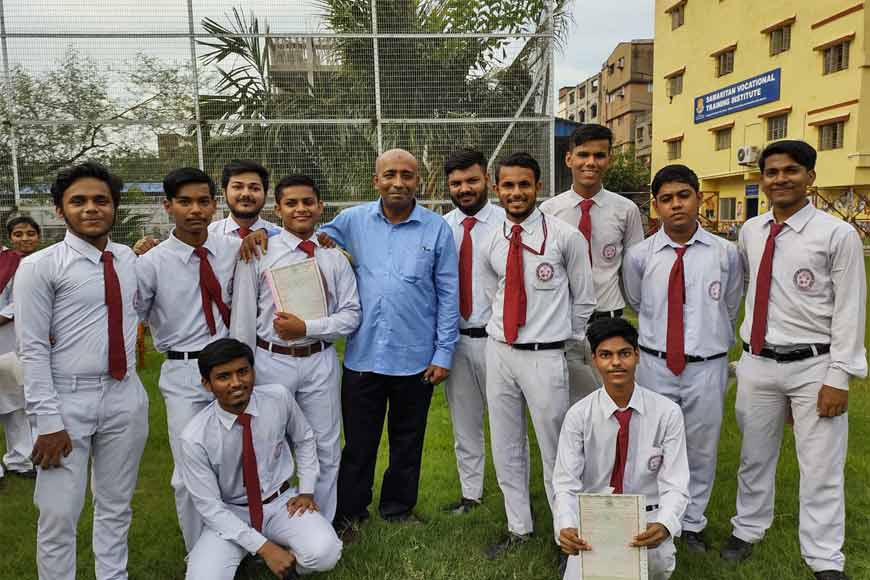
Back in 2001, as his tiny school began to grow and more children started coming, there was soon no place to seat them. So Akhtar began scouting for land. Eventually, the school shifted to larger premises, but growth brought its attendant problems. “The school was attacked, vandalised, my computer was broken,” says Akhtar. There were times when the temptation to give up his crusade was strong. But what saved him every time, says Akhtar, was the thought, “Hum nahin karenge to kaun karega (if I don’t do it, who will)?”
And then immediately he laughs, “The same people who attacked me are now attending felicitation programmes for me.” Indeed, the school and mission have achieved far more than the simple dispensation of education. They have wrought a change in social thinking, and given the notoriously crime-ridden area of Tikiapara something to celebrate and be proud of.
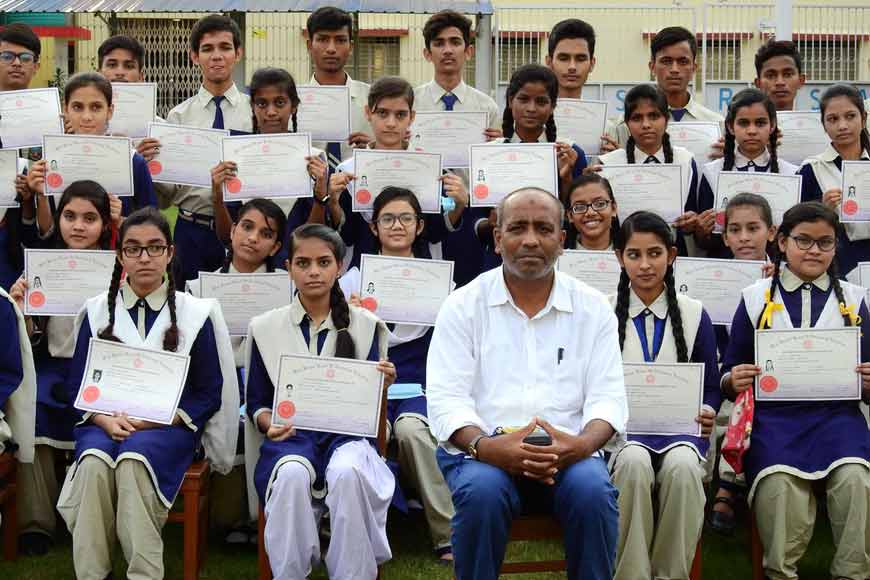
Akhtar, however, wears his monumental achievement lightly. From the days when he went door to door raising funds for his school, he is now in a position to receive donations from across the world. However, he insists that his biggest donation comes from the society around him, in terms of appreciation and acknowledgement.
It has achieved one other very important feat too. In Akhtar’s own words, “This is the only school in the world where perhaps 8o percent of students are Muslim, on a plot of land owned by a Jew, with 90 pecent of logistical and other support from my Hindu brothers.”
Perhaps no greater testimonial is needed.







